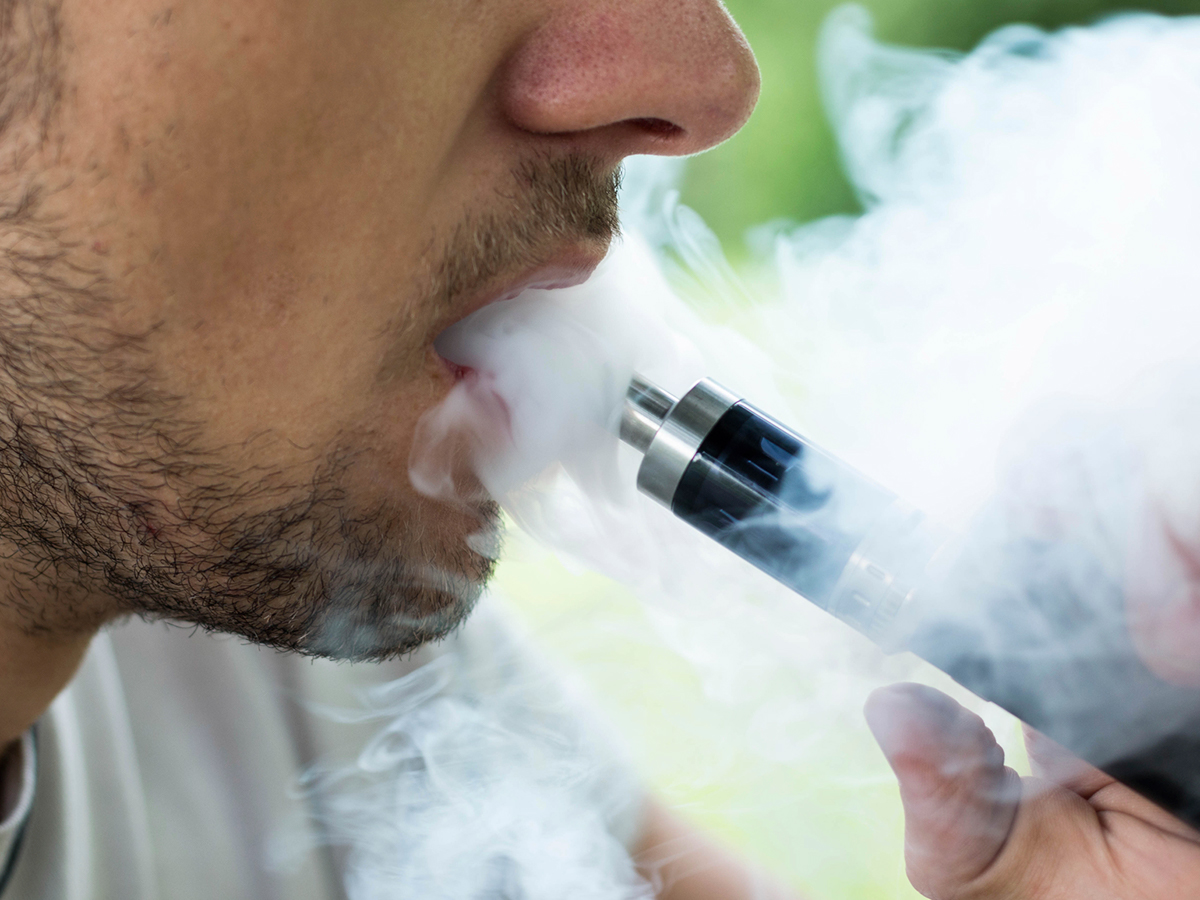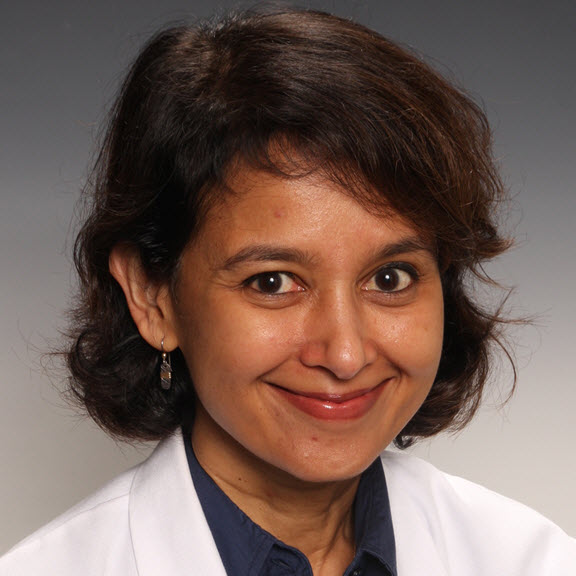FEDERAL GRANT WILL SUPPORT STUDY OF E-CIG EFFECTS ON ORAL HEALTH
 OSUCCC – James researchers have landed a five-year, $3.12 million grant from the National Institute of Dental and Craniofacial Research to conduct the first comprehensive examination of the body’s biological responses to electronic nicotine delivery systems (ENDS), popularly known as e-cigs.
OSUCCC – James researchers have landed a five-year, $3.12 million grant from the National Institute of Dental and Craniofacial Research to conduct the first comprehensive examination of the body’s biological responses to electronic nicotine delivery systems (ENDS), popularly known as e-cigs.
Led by principal investigator Purnima Kumar, DDS, PhD, the researchers will use the oral cavity as a model system for their study, since it is the first area of the body to be affected by ENDS and the most accessible for examination.
 Kumar, a professor in the College of Dentistry, Division of Periodontology, at Ohio State, says the study is important because, even though ENDS were introduced about a decade ago, little is known about their impact on human health. Moreover, statistics show that ENDS are being used more and more by adolescents and young adults, partially because these products are perceived to be safer than cigarettes and other nicotine-replacement therapies.
Kumar, a professor in the College of Dentistry, Division of Periodontology, at Ohio State, says the study is important because, even though ENDS were introduced about a decade ago, little is known about their impact on human health. Moreover, statistics show that ENDS are being used more and more by adolescents and young adults, partially because these products are perceived to be safer than cigarettes and other nicotine-replacement therapies.
“However, these products vary widely in nicotine content, propylene glycol, glycerol, additives and flavorings—all of which are poorly studied—and it is possible that they may deliver toxins that interfere with bodily processes,” the researchers state in their project abstract, pointing out that nicotine is already known to have an impact on oral health by negatively affecting the oral microbiome, or the environment of micro-organisms within the oral cavity.
Kumar, a member of the Molecular Carcinogenesis and Chemoprevention Program at the OSUCCC – James, sees this study as an extension of her longtime research “on how human behaviors predispose us to disease by altering our partners in health: our bacteria.”
“Oral health is dependent on an intricate balance between the microbial (bacteria) ecosystem and host immunity,” she and her colleagues write. “Based on our preliminary studies that ENDS alter the structure and functional potential of the oral ecosystem, we hypothesize that ENDS will impact this microbial-mucosal homeostasis (equilibrium) as well.”
They will test this hypothesis by combining clinical study designs with integrated “-omics” approaches and computational bioinformatics.
First, they will examine the biological effects of different formulations of ENDS on oral host-microbial physiology. Next, they will observe the effects of ENDS on host-bacterial interactions over time by combining a multi-arm, placebo-controlled clinical study with a network analysis algorithm.
Kumar says the first year of the project will involve only preclinical (animal model) studies before moving to human studies next year.
She and her team believe their work “will bring us closer to understanding the role of ENDS in disrupting oral ecological homeostasis” and “provide biologically validated timelines for assessing the risk of using ENDS.”